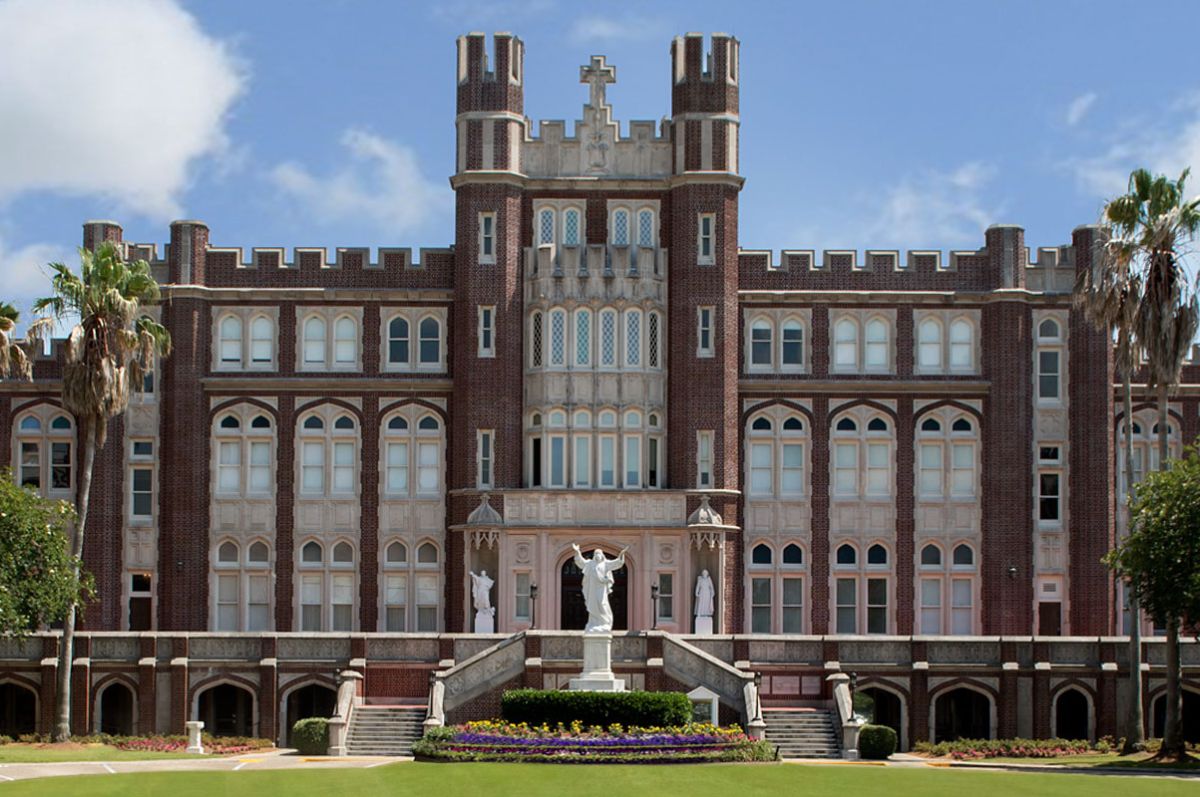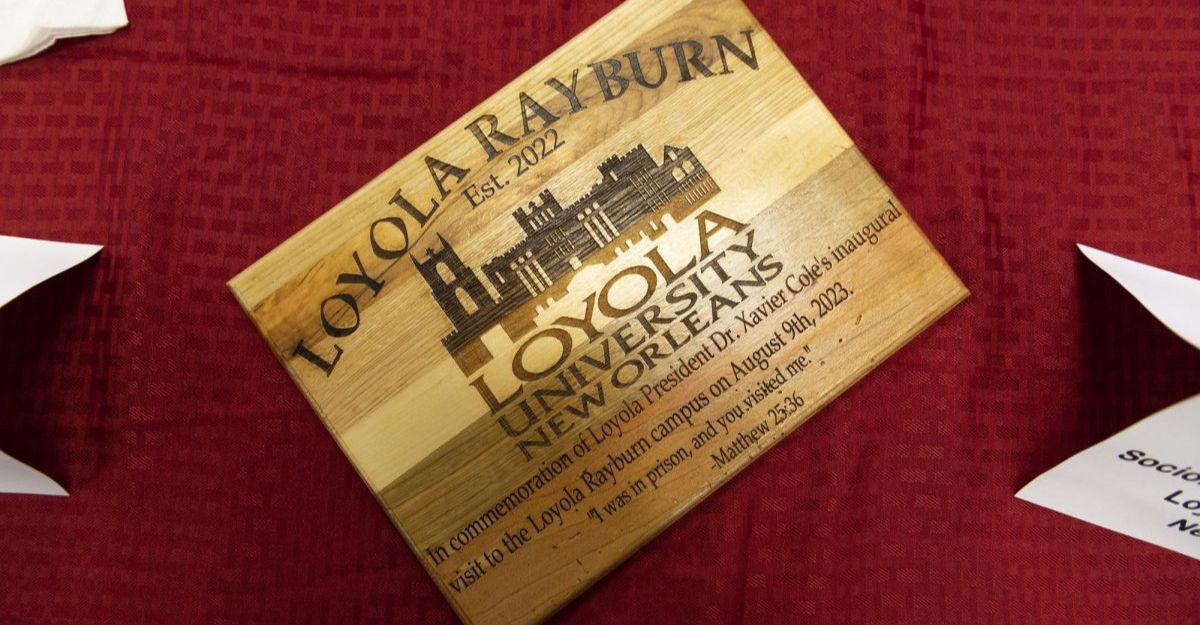Do I need to be Catholic to go to a Jesuit school?
If you're asking this question, you are not alone!
Jesuits have colleges in countries like India, Japan and Indonesia – all places where Catholics are a small percentage of the population. Like these Jesuit universities around the world, Regis welcomes students from all religions, including those who do not belong to any faith tradition or community.
Jesuit universities provide an education that encourages caring for the whole person, serving others and contributing to the common good.
For both non-Catholic and Catholic students, Jesuit universities provide an education that encourages caring for the whole person, serving others and building up the common good. This is because Jesuits see education as a way to make our world more just and humane – by educating people to use their knowledge and talents to discern how best to serve their communities, and especially to help people who are most in need.
When the Society of Jesus, commonly known as the Jesuits, was founded in 1540, the goal was simply to "help souls" through ministry, counseling and social works. Universities were not part of their original plan. Instead, Jesuits were on the road, ministering wherever the need was the greatest. However, after a few years of this itinerant work, they discovered that communities needed schools to not only educate their children but to help them become civic leaders.
Thus, the first Jesuit school was founded in Messina, Sicily, in 1548, and before long, schools were being established in other countries. Today, 193 Jesuit universities and 839 Jesuit high schools exist around the world.
Jesuit universities value interfaith dialogue and cooperation, working for greater understanding in communities too often marked by religious conflict. They take the spiritual lives of students seriously — providing a range of ministry programs and worship experiences for both Catholic and non-Catholic students, and academic programs that explore the religious and spiritual dimensions of human history and experience. For example, at Regis University, students may travel to Guatemala on an interfaith medical service trip or live in the Romero House, a learning community that integrates service, justice and spirituality. The University offers many classes devoted to faith and justice, including Interfaith Justice and Peacemaking.
If you’re interested in an excellent education, in serving others, in engaging respectfully with a diverse range of people and perspectives, in working for the common good in civic life — a Jesuit university may be the right place for you.
Want to see if a Jesuit education is right for you? Check out Regis University's majors and programs. Head on over to regis.edu/apply to start our no-fee application.



